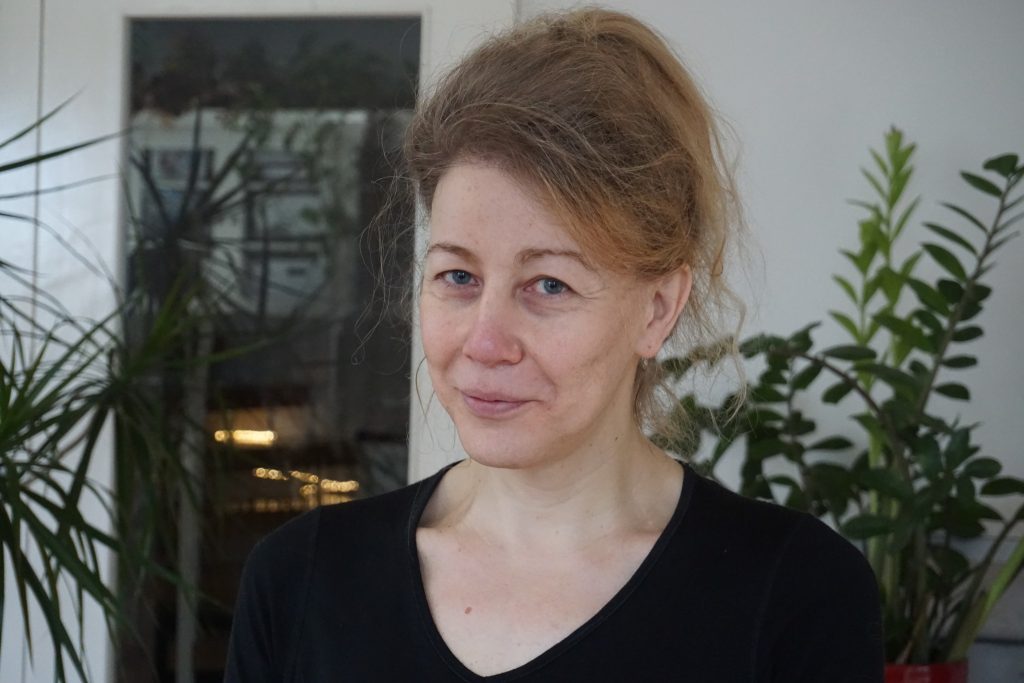
Tuesday 08 April 2025
Prof. Isabelle Augenstein
University of Copenhagen
Title: Understanding the Interplay between LLMs’ Utilisation of Parametric and Contextual Knowledge
Karen Spärck Jones Award 2024
Language Models (LMs) acquire parametric knowledge from their training process, embedding it within their weights. The increasing scalability of LMs, however, poses significant challenges for understanding a model’s inner workings and further for updating or correcting this embedded knowledge without the significant cost of retraining. Moreover, when using these language models for knowledge-intensive language understanding tasks, LMs have to integrate relevant context, mitigating their inherent weaknesses, such as incomplete or outdated knowledge. Nevertheless, studies indicate that LMs often ignore the provided context as it can be in conflict with the pre-existing LM’s memory learned during pre-training. Conflicting knowledge can also already be present in the LM’s parameters, termed intra-memory conflict. This underscores the importance of understanding the interplay between how a language model uses its parametric knowledge and the retrieved contextual knowledge.
In this talk, I will aim to shed light on this important issue by presenting our research on evaluating the knowledge present in LMs, diagnostic tests that can reveal knowledge conflicts, as well as on understanding the characterists of successfully used contextual knowledge.
Isabelle Augenstein is a Professor at the University of Copenhagen, Department of Computer Science, where she heads the Copenhagen Natural Language Understanding research group as well as the Natural Language Processing section. Her main research interests are fair and accountable NLP, including challenges such as explainability, factuality and bias detection. Prior to starting a faculty position, she was a postdoctoral researcher at University College London, and before that a PhD student at the University of Sheffield. In October 2022, Isabelle Augenstein became Denmark’s youngest ever female full professor. She currently holds a prestigious ERC Starting Grant on ‘Explainable and Robust Automatic Fact Checking’, as well as the Danish equivalent of that, a DFF Sapere Aude Research Leader fellowship on ‘Learning to Explain Attitudes on Social Media’. She is a member of the Royal Danish Academy of Sciences and Letters, and co-leads the Danish Pioneer Centre for AI.

Wednesday 09 April 2025
Prof. Hannah Bast
University of Freiburg
Title: Knowledge Graphs Are Dead, Long Live Knowledge Graphs
Knowledge graphs have been around for over 50 years, under various names and definitions, falling in and out of fashion multiple times. I will explain the basics, talk about the history and the current state of the art and open problems, and present my stance on whether AI will eventually render knowledge graphs obsolete once and for all or whether the two will enter a happy marriage. The talk will be full of examples and demos, accessible to anyone with a basic grasp of computer science, and it should be entertaining, instructive, and discussion-inspiring. If time permits, I might also drop a few words on the challenges of doing systems work in academia.
Hannah Bast completed her Ph.D. and Habilitation at the MPI for Informatics in Saarbrücken, and has been a professor for computer science at the University of Freiburg since 2009. She started out in theoretical computer science and over time shifted to more practical systems work, with theory as a powerful tool. During an extended sabbatical at Google, she developed a new route planner for Google Maps. Her group is developing QLever, the world’s most efficient RDF database. She is or has been serving as Dean for her Faculty, Dean of Studies, university senator, expert member of the German federal parliament, and evaluator of the German Leibniz institutes. She has received various research and teaching awards. She thinks it is a tragedy that the majority of computer scientists, who know little about coding, systems, and practical work, look down on coding, systems, and practical work, even when it’s masterfully done, deep, and badly needed.

Monday 07 April 2025
Dr. Alon Halevy
Title: Crossing the Structure Chasm – Querying Data Without Limits
Over the past few decades, we’ve seen significant progress in querying structured data through database systems and unstructured data via information retrieval. Yet, the vision of a unified system capable of querying all types of data has remained elusive. Recent advances in AI have not only amplified the need for such a system but also provided the foundational tools to make it a reality. Indeed, the future success of AI may hinge on our ability to finally cross this “structure chasm.” In this talk I will describe several recent works that attempt to combine the strengths of database systems, namely, set based processing of structured data, and those of large language models and IR systems that can retrieve and answer questions from data in other modalities. Building a system that combines these capabilities opens up fundamental questions about the semantics of querying all data to many practical questions about how to build scalable and usable such systems.
Alon Halevy is a Distinguished Engineer at Google Cloud, where he works on extending data management tools with GenAI capabilities. From 2019 until November 2023, he was a director at Meta’s Reality Labs Research, where he worked on Personal Digital Data, the combination of neural and symbolic techniques for data management and on Human Value Alignment. Prior to Meta, Alon was the CEO of Megagon Labs (2015-2018) and led the Structured Data Group at Google Research (2005-2015), where the team developed WebTables and Google Fusion Tables. From 1998 to 2005 he was a professor at the University of Washington, where he founded the database group. Alon is a founder of two startups, Nimble Technology and Transformic (acquired by Google in 2005). Alon co-authored two books: The Infinite Emotions of Coffee and Principles of Data Integration. In 2021 he received the Edgar F. Codd SIGMOD Innovations Award. Alon is a Fellow of the ACM and a recipient of the PECASE award and Sloan Fellowship. Together with his co-authors, he received VLDB 10-year best paper awards for the 2008 paper on WebTables and for the 1996 paper on the Information Manifold data integration system.
